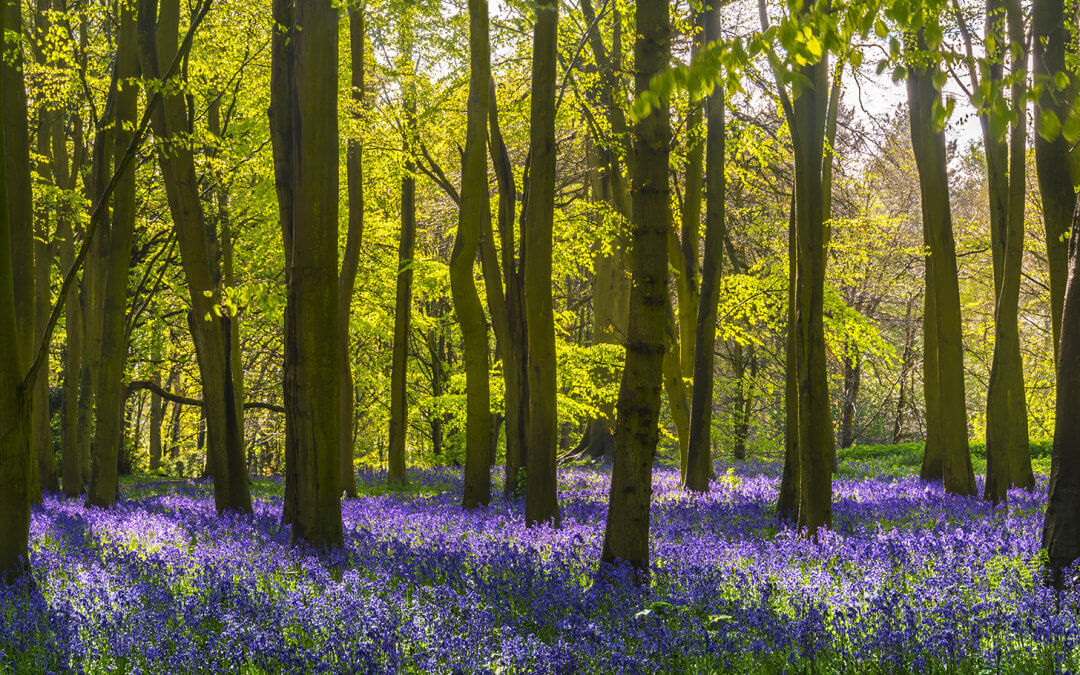“I am large, I contain Multitudes” – Walt Whitman
The beauty of being human lies in the richness of human experience. Much as the outer world and the weather in the atmosphere is in a constant state of flux so too is our inner world in constant change. Day-to-day we experience a whole wide range of moods and feelings, thoughts and emotions. We hold the capacity for soaring feelings of bliss, joy, and awe, but also for disturbing feelings of terror, rage and depression.
However, our culture propagates a dangerous narrative that holds that emotional health is equated with ‘stability’, the idea that we remain fairly consistent and unchanging in our emotional and social worlds. This ideal to aspire towards, according to this narrative, is to be cheerful, positive, upbeat, happy and generally just pleasant to be around.
But what this really amounts to is a siphoning off of large parts of our humanity. In order to be ‘socially palatable’ we must avoid excessive displays of strong emotion. Instead we are subtly taught, through parenting, schooling and the whole process of socialisation, to suppress, deny, hide or ignore the more powerful, darker emotions.
There are many ways that we do this, but mainly it is through some for of escape and distraction, or shutting down and numbing. The result of this process is that we become alienated from large parts of ourselves and our experience, exiled from our inner world. It is like filling a wardrobe with clutter or stuffing rubbish into a bin – we banish these elements from the light of awareness.
When we start to shut down and control our inner world, we lose ourselves. When we disconnect from emotions like anger, sadness and grief, we also lose our capacity to experience, joy, wonder, and creativity. The self is a system, and like all systems, when we change one thing within that system, we alter the whole system. Emotional denial leads to a dulling of vitality, a sense of boredom, irritation, and restlessness.
Emotional health is in fact not about consistency but diversity and richness. Just like the earth and ecosystems thrive in diversity, so too our inner world is healthier when we allow ourselves to experience a broad range of feeling. Emotional ecology means that we are alive to and open to love and fear, beauty and despair, sadness and joy. True emotional health is the capacity to hold strong emotions and experience them without shutting down, numbing out, or acting out. We have the ability to ride the waves of powerful emotions without becoming overwhelmed, lost or dissociated.

